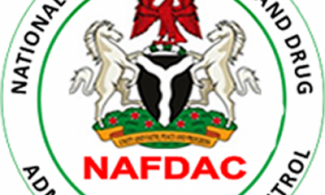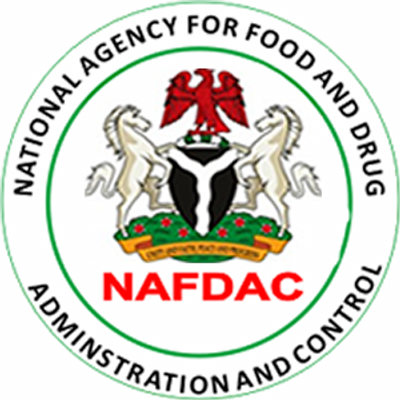
Director General of NAFDAC, Prof Mojisola Adeyeye, told journalists on Thursday that officials of the agency have been dispatched to the premises of the companies for the investigation.
The National Agency for Food and Drug Administration and Control said it is investigating the involvement of four pharmaceutical companies in the circulation of codeine in Nigeria as indicated in a recent report by the BBC.
Director General of NAFDAC, Prof Mojisola Adeyeye, told journalists on Thursday that officials of the agency have been dispatched to the premises of the companies for the investigation.

“As we speak, our inspection and enforcement teams are on the premises of the four pharmaceutical companies that were shown in the video. Our officials are there putting things on hold, and everything is being documented. When completed, we will prepare our report and then we will take appropriate action.
“The teams have got cartons of one of the products from one company in Ilorin and it has been put on hold. When we go for inspection and enforcement, the Standard Operating Procedure is utilized, so, if products that are fake or substandard are discovered, such products will be seized and destroyed.”
She said though the companies were licensed to import codeine for the purpose of production of cough syrups, they may have been producing above the required quantity.
According to her, “These companies that were caught, from our records, have limited amount of codeine, but from what the documentary showed there is an indication that the production is more than the quantity that was approved. So, the question can be asked, was there smuggling involved?
“Our findings will determine what happens next, but ordinarily we will take and destroy products, and if we go through their books and we find they have committed violations, sanctions will apply, and for having loose distribution chain, we will not give you permit for renewal.
Prof. Adeyeye said NAFDAC has been incapacitated over the years by limited human and financial resources to carry out its statutory duties, especially in the area of control of drug distribution and production.
“We have to start from somewhere and it is unfortunate that it is tragedies like this that are forcing us to start from somewhere. NAFDAC has not done optimally what it is supposed to do, we are supposed to be inspecting these companies at least once a year, but we are so limited in our capacity. We do not have vehicles to inspect fully.
She said NAFDAC has decided to put a temporary ban or embargo on the issuance of permits for importation of codeine because of the problems with the distribution of the product.
“Yes, it is a ban, but a ban that needs time and concerted efforts. The ban will be in place until we all get our act together because we cannot just continue the way things are now. It is to enable us to have enough time to address the issues that need to be addressed,” she said.
Prof Adeyeye said NAFDAC operatives will return to the ports to ensure that codeine and other dangerous drugs are not allowed to circulate in the country.
She said, “NAFDAC going back to the Ports have not been resolved. The letter has been written to get us back to the Ports from the Presidency, but what I heard lately is that the letter is now with the Ministry of Trade and Industries for vetting. We have not received it and until we receive that letter, we will keep having problems like this.”
“If NAFDAC is not at the Ports, it would not just be codeine, or Tramadol, or fake Augmentin but worse. Once we are in the ports, we would not have as many problems as we are currently having. NAFDAC is not perfect, but let them be given full support and responsibility of carrying out their mandate.”